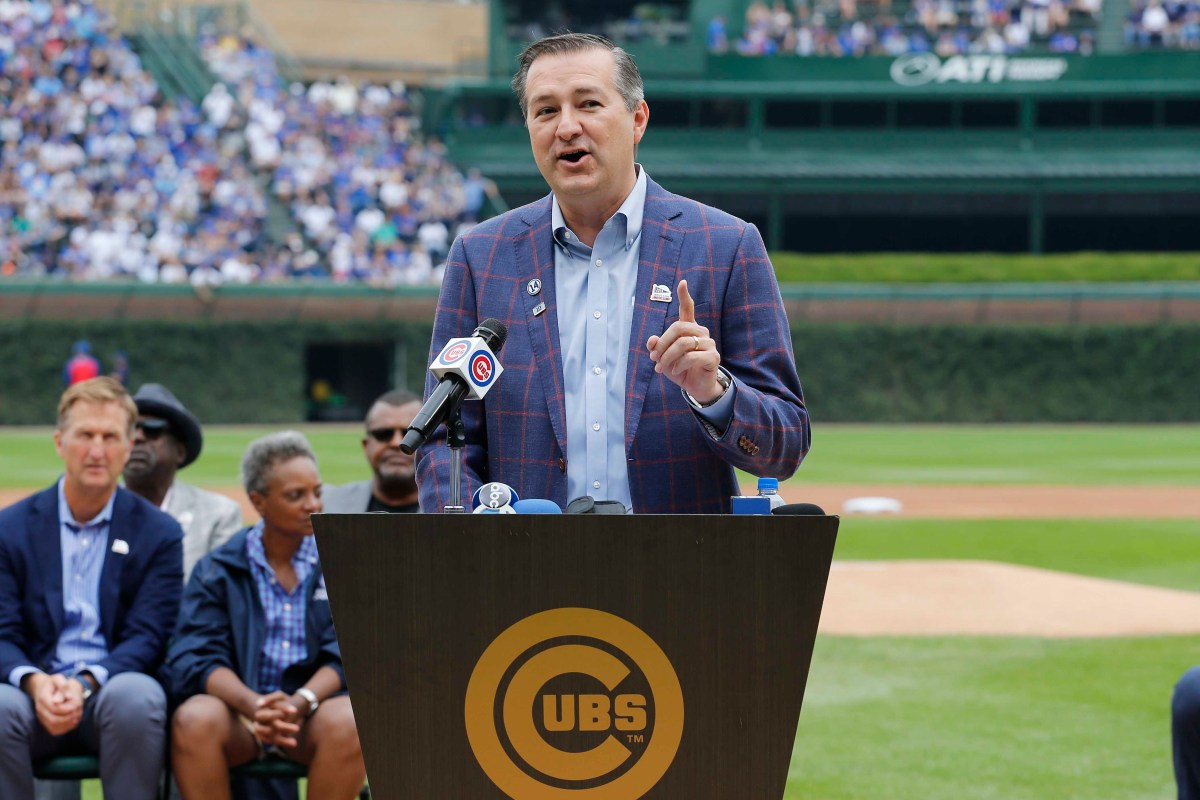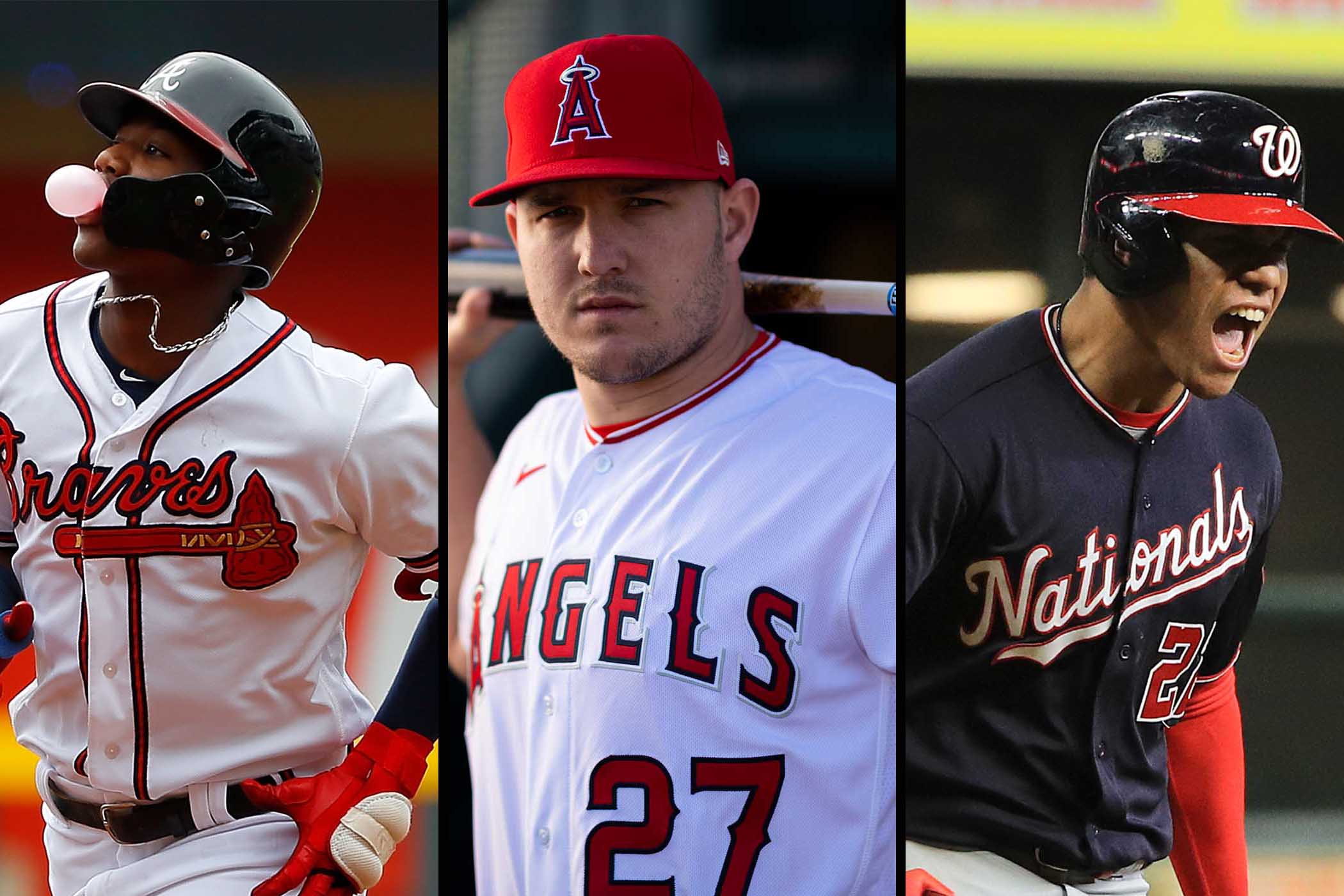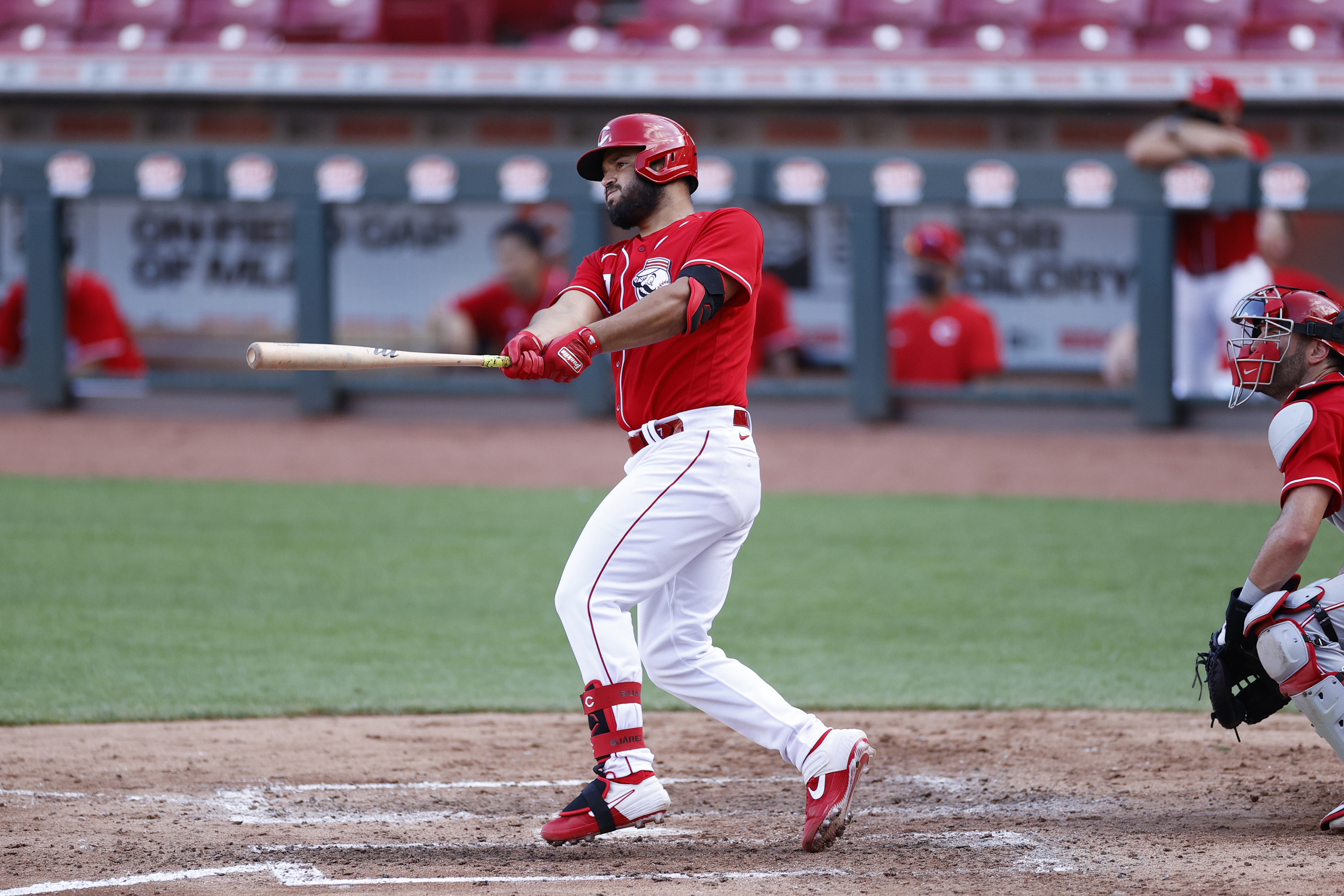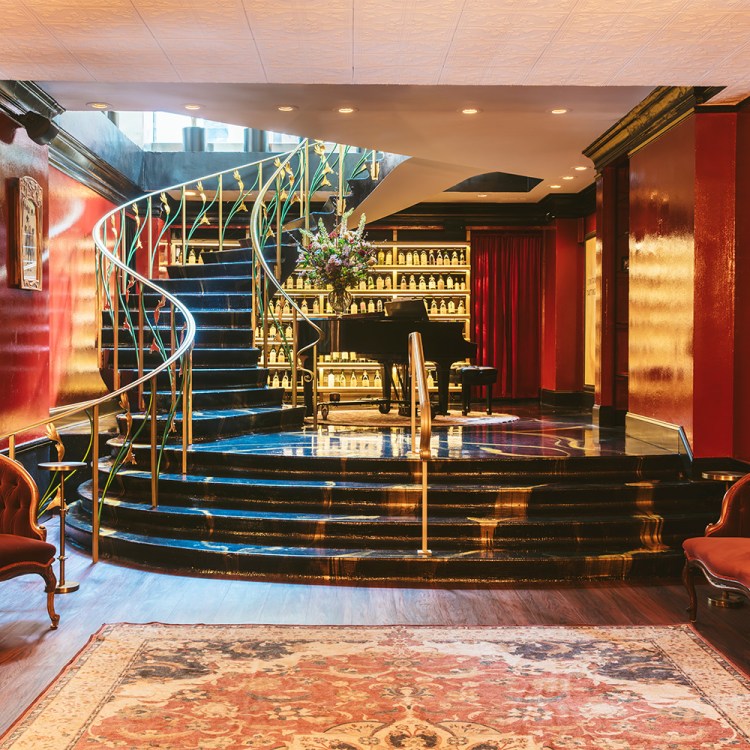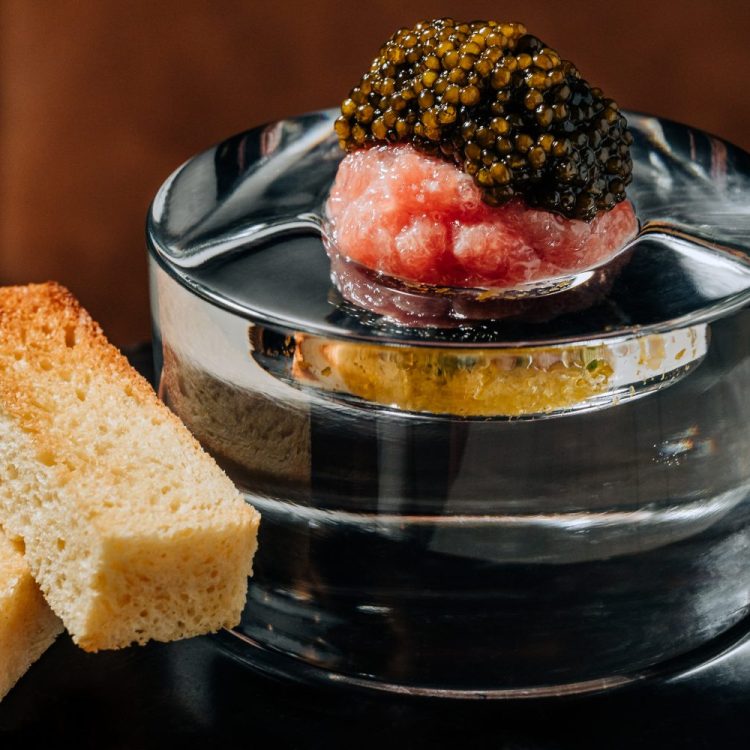You don’t need me to tell you that November 2, 2016, feels like a lifetime ago. How young and naive we all were back then: Donald Trump was still six days away from getting elected President. Puerto Rico had yet to be devastated by Hurricane Maria. Celebrities like Tom Petty and Anthony Bourdain were still alive. We could hug and high-five and leave our homes to do things like attend a baseball game without contracting a deadly illness.
But the night the Chicago Cubs broke their 108-year curse and finally won the World Series feels like forever ago for another reason: that joyous moment that most of us had spent our whole lives dreaming of was the last time it felt truly good — or at least less complicated — to be a Cubs fan. Since then, the team’s ownership and front office have been systematically chipping away at whatever remaining goodwill fans have for the North Siders, almost as if they’re determined to alienate what was once one of the most fiercely loyal fanbases in all of sports.
When the Ricketts family purchased the team in 2009, their political ties were known. Pete Ricketts, now the Republican governor of Nebraska, had already run for Senate and lost. But those politics became a much tougher pill to swallow when Todd Ricketts, currently the finance chairman of the Republican National Committee, participated in pro-Trump fundraisers towards the end of 2016, raising over $66 million in super-PAC money for a candidate who had already been caught on tape admitting to sexually assaulting women. Putting more money in the Ricketts family’s pockets began to feel like a tacit endorsement of Trump. (Of course, it’s impossible to say where all Cubs fans fall on the political spectrum, but to give you a general idea, Hillary Clinton won 83.7 percent of the vote in Chicago in 2016.) Things got worse in February 2019, when several racist and Islamophobic emails sent by patriarch Joe Ricketts surfaced. In addition to comments like “I think Islam is a cult and not a religion; Christianity and Judaism are … based on love whereas Islam is based on ‘kill the infidel’ a thing of evil,” the elder Ricketts was caught sharing birther conspiracy theories about Barack Obama and forwarding jokes that included racial slurs for Black and Middle Eastern people.
Besides the problematic views of some of the Ricketts, the team has also proved in recent years that it values winning above basic morality by acquiring some players it’s downright impossible to root for. Aroldis Chapman finished a 30-game suspension for domestic violence (which was handed down after he allegedly choked his girlfriend and fired eight gunshots during a dispute) on May 9, 2016. He was traded to the Cubs on July 25 of that year to help with their World Series run. In August 2018, the team traded for known homophobe Daniel Murphy. (In 2015, after Major League Ambassador for Inclusion Billy Bean, who is openly gay, visited the Mets clubhouse, Murphy was quoted as saying, “I do disagree with the fact that Billy is a homosexual. That doesn’t mean I can’t still invest in him and get to know him” and “you can still accept them, but I do disagree with the lifestyle, 100 percent.”) While both Murphy and Chapman were brought on after their respective controversial incidents, the Cubs organization was forced to confront the bad behavior of a player in the present tense when shortstop Addison Russell was handed a 40-game suspension for domestic violence in 2018.
Instead of immediately cutting Russell and sending a clear message that domestic violence will not be tolerated under any circumstances, the team brought him back after his suspension, and when they eventually did part ways with him in the 2019 offseason, it was just as much a result of his lack of production at the plate as it was his abusive history. “We understand every action we take and word we use sends a message to our fans — all of whom have their own unique experiences and perspectives, and some of whom have a personal connection to domestic violence,” Cubs president of baseball operations Theo Epstein said in a statement at the time of Russell’s suspension. And yet the message they chose to send to female fans by keeping him on the team was “you don’t matter.”
But even if some fans can do the mental gymnastics necessary to look past all those issues or assuage their guilt by offsetting any money spent on Cubs games with donations to charity (one fan raised thousands of dollars for the the Domestic Violence Legal Clinic by donating $10 every time Chapman racked up a save in 2016 and encouraging other fans to do the same on Twitter), the team’s business decisions in recent years have also tried their patience. Renovations to Wrigley Field and the surrounding area, while necessary in many cases, have changed the spirit of the iconic ballpark. Large outfield video boards were put up specifically to obstruct the views from neighboring rooftops, and eventually the Ricketts simply began buying up as many of those buildings as they could. (God forbid anyone else should make a little money off of Cubs games.) And while fans won’t be allowed in Wrigley Field this season due to the pandemic, the Ricketts are currently selling regular-season rooftop tickets for $200 to $350 amid a public-health crisis.
After firing manager Joe Maddon for failing to make the playoffs in 2019 (despite the fact that the Cubs made the postseason every other year of his tenure and won the World Series under his leadership), the team hasn’t exactly jumped at the chance to keep its talented core intact, leading some fans to worry that a major rebuild is on the horizon. Kris Bryant, Anthony Rizzo, Javy Baez and Kyle Schwarber will all potentially be headed for free agency after the 2021 season, and so far the Cubs have dragged their feet when it comes to offering any of them extensions. Bryant’s service-time dispute with the team resulted in a grievance and sparked trade rumors this past offseason, putting one of the faces of the franchise in a tough position.
“The biggest thing for me … is the trade rumors and the narrative that has surrounded me that people just completely don’t understand or they haven’t done any research or they haven’t heard any of the interviews that I’m talking about,” Bryant said on a recent episode of his teammate Ian Happ’s podcast. “[The idea] that I’m upset here or like I don’t want to be in Chicago, like, ‘He just wants to leave in free agency or whatever.’ When have I ever said that? I have nothing but great things to say about everybody in this organization and field and city. Like, where’s all this coming from? I don’t know if I’ve ever come across that way or any of that.”
Rizzo himself seemed irked by the Bryant trade rumors as well as the club’s failure to offer him a contract extension prior to the 2020 season. “Anthony has let his desire to be a Cub for life known to the organization,” his agent Marc Pollack said in a statement. “Although we do not know what the future holds, a deal to make that happen will not be addressed now.” In response to not being offered an extension, Rizzo referred to the business of baseball as “cutthroat” and made reference to the Bryant rumors: “We’re talking about trading the MVP of the league a couple years ago,” he said.
Despite milking Cubs fans for as much money as they can, the Ricketts seem totally unwilling to spend any money on signing free agents. As The Ringer’s Michael Baumann notes, “The Cubs are the richest, most popular baseball team not only in the NL Central, but in the entire area between the Appalachians and the Rockies. But since winning the World Series, they’ve gone from one of the most active free agent buyers in the league to a near nonparticipant.” To be fair, that’s partly due to the fact that they’ve been burned by big contracts awarded to players who have failed to live up to expectations, like Jason Heyward (eight years, $184 million), Yu Darvish (six years, $126 million), Craig Kimbrel (three years, $43 million) and Tyler Chatwood (three years, $38 million). But despite the fact that the Cubs have a net worth of $3.2 billion, making them the fourth-most valuable team in the league, Tom Ricketts has essentially admitted to using Major League Baseball’s luxury-tax threshold as a salary cap.
The latest blow to Cubs fans came when the team announced it would be launching its own network, the Marquee Sports Network, to air games. The move brought an end to its 72-year partnership with WGN — so iconic it was name-dropped in Steve Goodman’s “Go Cubs Go” — and forced many fans to upgrade or change their cable packages in order to watch their favorite team. The fact that the Cubs aired nationwide on the superstation for so many years helped to extend their fanbase beyond the Chicago area, and it’s why nearly every other team in baseball experiences a bump in attendance when the Cubbies are in town. Up until this morning — the Cubs’ Opening Day — it was looking like Comcast subscribers, who make up roughly half of Chicago’s TV market, would be unable to watch the team this year. But despite dragging their feet, the Cubs struck a last-minute deal with the cable provider to carry the channel. The channel’s currently live on Comcast, but it’s still possible that Cubs fans who subscribe to it will incur some extra costs. As the Chicago Tribune reports, “not yet known is what — if any — cost will be passed along to Xfinity subscribers. Other providers carrying the channel have increased rates about $2 a month for customers with eligible packages to receive the channel.” That may be the final straw for some Cubs fans, particularly those who are wary of giving any money to the conservative Sinclair Broadcast Group, which operates the Marquee Network.
It’s tough to explain to someone who grew up rooting for another team exactly what it means to be a Cubs fan, but for many of those “lovable losers” years it meant unconditional devotion — living and breathing all things Cubs while still being quietly resigned to the fact that they’d ultimately break your heart. But on-field disappointments pale in comparison to the ways the club has let down its fans in the years since their big World Series victory, and some have even sworn off the team entirely, defecting to White Sox fandom. For decades, “wait until next year” became Cubs fans’ mantra. But it’s becoming increasingly difficult to wait for the Ricketts family to step up and stop biting the hands that feed them.
Whether you’re looking to get into shape, or just get out of a funk, The Charge has got you covered. Sign up for our new wellness newsletter today.
